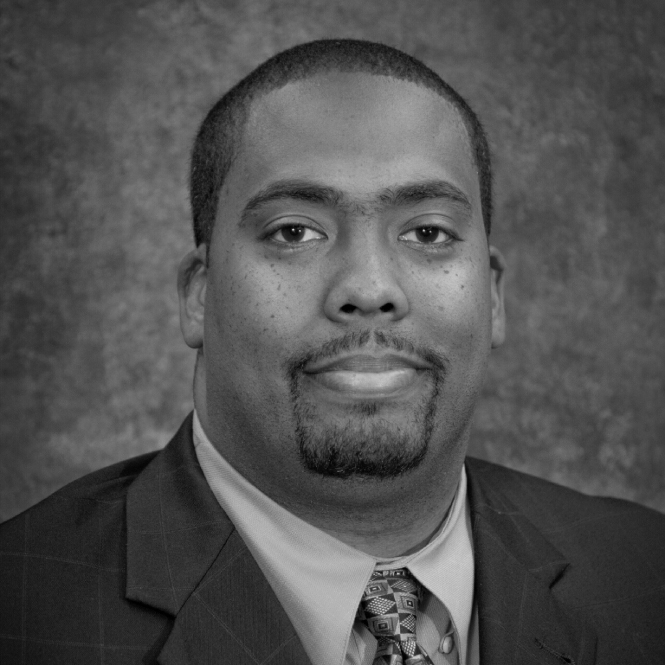Tracy Barnes, Indiana

What’s the past year been like at the Indiana Office of Technology?
We keep talking about getting back to normal before the pandemic, and since my entire existence at [Indiana Office of Technology] has been during the pandemic, this is normal to me. It’s been very high-paced. Lots of good energy and excitement around technology and support for the growing needs and demand. The issues within the challenges within unemployment contracts raising increases in needs and social services, vaccine management, all of those, it was just the perfect storm of challenges across the largest and most impactful agencies all at one time, while still trying figure out the best and most secure people working from random places throughout the state. I think we’ve done a great job in coordinating, communicating between our teams and helping our agencies continue focusing on delivering their mission while still respecting the need for good security and a good reliability within our system.
So what was it like stepping in right as the pandemic took hold?
I don’t want to say very easy, but it’s not as complicated to make sure the three buildings of downtown Indianapolis for state government are secure and protected and monitored. But when you send 12,000 people home, now your endpoints grow exponentially and security becomes a major concern and the question becomes how do we ensure that people both have the assets they need but we’re still doing our due diligence in protecting the privacy of our data and our systems. And you add that in with the folks that don’t have access at home, the broadband challenges and issues that have continued to face the nation as a whole.
How do you balance it all then?
There wasn’t a day when you could say the unemployment system is more important than contact tracing. They both have that same level of importance on a daily basis. Making sure that we had the right people involved, and our workforce was strong in wanting to put in that overtime to support those agencies and those growing demands and challengers that were being presented. If it wasn’t volume for the unemployment system, then it was fraud or other types of concerns or a call center support. With contact tracing, if it wasn’t getting a system in place within two weeks, it was how we make sure we have the the agents able to connect and log in, and put the information in properly so that we can validate our dashboards. I inherited a very good team that was very forward thinking in putting some of the systems in place that have been a cornerstone for us.
There’ve been so many changes to how state government works. Which ones will stick around?
I think we as a government have seen that folks are able to still be productive from home and not necessarily needing to be physically on site. There’ll be hybrid and variations that’ll go forward, but hopefully some opportunity to increase our reach with potential workforce capabilities. Our state government is very central to Indianapolis. We did a really good job with a few agencies in finding ways to support both in-person and online services that has actually provided better logistical throughput and support for our satellite office facilities. And for me, our Office of Technology has been asked to get more aggressive into the applications that our agencies are publishing. Because of the looming cybersecurity issues that are out there, that’ll actually end up being something that we’ll continue to live off of and support.
You had been in state government for a while before the pandemic, including in the governor’s office. How will you look back on the past year?
I’m going to answer this very cautiously. The pandemic has probably been my best friend. You know what I mean? As painful as it’s been, for me to come in at at a time when technology was at its at its highest need, I could not have asked for a better time to take over and get back in the tech space. I anticipated I would need to do some some aggressive lobbying to increase the importance of technology and cybersecurity and things of that nature. The pandemic itself brought all of those challenges to the forefront, and made them top of mind for elected officials across the nation. Going through the summer and all of the social unrest and the challenges of racial injustice, we responded as well, between identifying ways to help manage our networks better and communications support in the governor’s office. And then election security, the big SolarWinds breach at the end of the year. It’s almost like having seven years of dog years and one year of technology that ultimately will end up being a win for our citizens and our agencies across the state.






